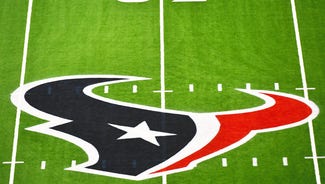





































































































































Role of backup QB continues to grow
There are 13 NFL teams that have used more than one quarterback this year.
We’re through Week 9. Some teams still have eight more games to go. And we’re still looking at 40 percent of teams having been forced to go to their backup anywhere from part of a quarter — the Redskins and Kirk Cousins — to a bunch of games, which is what the Packers are looking at now, with Aaron Rodgers suffering a broken collarbone Monday night.
Backup quarterback has always seemed like one of the best jobs in the NFL: you make decent money to carry a clipboard and be a contingency plan for your team. You’re not the most famous or adored of NFL players, but, if you’re a guy like Jim Sorgi, and you get to make a career out of backing up Peyton Manning, that’s a good gig.
But with the Packers turning to Seneca Wallace to now try and keep the team alive as they pray Aaron Rodgers can return as soon as possible, it raises an interesting question: do we undervalue backup quarterbacks?
And I don’t just mean, do we ignore backup quarterbacks, or do we disrespect backup quarterbacks.
That does happen: the Packers clearly did not place significance on quarterback depth, with the 33-year-old Wallace being the only passer on their roster other than Rodgers; they let Vince Young go after rostering him in the preseason. Wallace actually wasn’t a bad quarterback during much of his career statistically — in fact, when you compare him to Josh McCown, currently winning games for the Chicago Bears in relief of the injured Jay Cutler, Wallace has the definite edge.
But in his last extended action, three games with the Browns in 2011, he went 0-3, with a 51 percent completion rating, a 2-2 TD-INT ratio, and a dismal 5.3 yards per attempt. Now that Rodgers is out, the Packers’ offense doesn’t just decline a notch: it goes from being one of the league’s best to potentially being a bottom-half unit.
All it took was one injury to do that. No other position on an NFL team can decimate its unit so completely by losing its starter.
And so you have to consider: if 13 teams have already featured their backup quarterback halfway through the season, and that backup quarterback tends to be an integrally important factor in the result of the games he featured in, maybe the common conception is wrong. Maybe a backup quarterback isn’t just an insurance policy; maybe he’s worth as much as, if not more, than starters at most of your other positions.
There are a few factors that make this more complicated than just a thought experiment for executives, though. Most skilled NFL quarterbacks think they deserve to start. And because of the shortage of NFL quarterbacks who really do deserve to start, there’s a constant market that allows QBs to always be searching for a starting job.
It doesn’t matter how much the Patriots offer, say, Matt Ryan to back up Tom Brady — even if they could give him the same $100 million contract the Falcons have, he wouldn’t do it, because he wants to start.
But with the argument that a large number of NFL teams should consider passing every down gaining an increasing amount of support — and even conventional observers acknowledging that the league has shifted in the direction of the passing game — the backup quarterback might, at this point, be more important than the running back.
If a team uses multiple running backs, as most teams do, there is less damage suffered when one of them goes down; and if that team is hurting itself through the running game anyway, then that running back going down might even cause the team to pass more, which would be beneficial for the offense. However, if a quarterback gets injured, there’s no way to absorb that blow unless the backup quarterback can perform at a comparable level.
What this means is that the complicated dance of maintaining an effective backup passer might be the toughest job in the league for a GM.
If your backup performs, he’ll want more money and a starting job. You can’t give him the starting job without needing a new backup. You can give him more money, but that might not be enough.
If you can find a quarterback on another team that’s willing to take a backup job, he’s probably on the decline. And there isn’t the same valve that NBA teams have with sixth men, who generally get more minutes than some of the starters anyway; a backup quarterback might not play a single time during the year.
Hopefully, he doesn’t, even if he’s the best backup quarterback in the league. But as this year is showing, that position can’t be an afterthought, even if it’s one of the most complicated problems a roster has to offer.
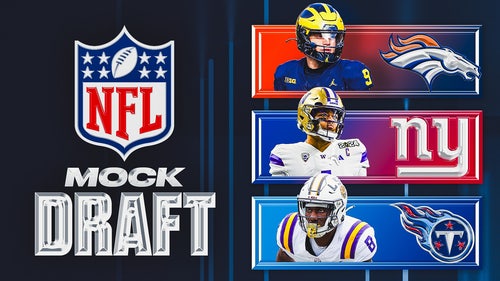
2024 NFL mock draft: 4 QBs in top 5, 4 receivers in first 10 picks
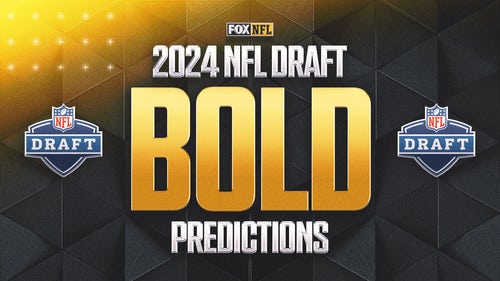
5 Bold Predictions for 2024 NFL Draft: Texas DT Byron Murphy a top-10 pick
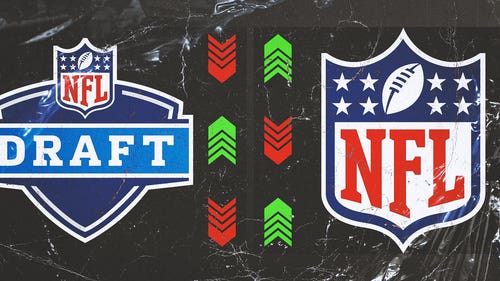
The art of NFL Draft misdirection: How teams use subterfuge to hide their plans

2024 NFL Draft Schedule: Date, time, how to watch, TV channel
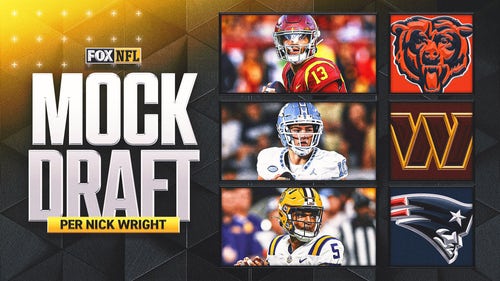
2024 NFL Draft: 5 QBs drafted, Jets add Bowers in Nick Wright's final mock draft
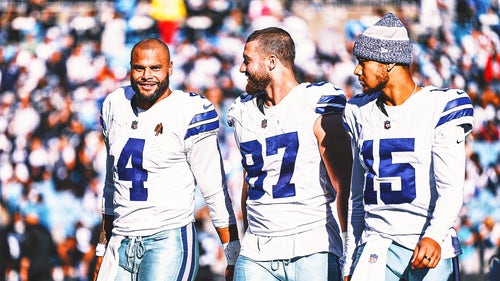
What are Cowboys’ best options at QB if Dak Prescott leaves?
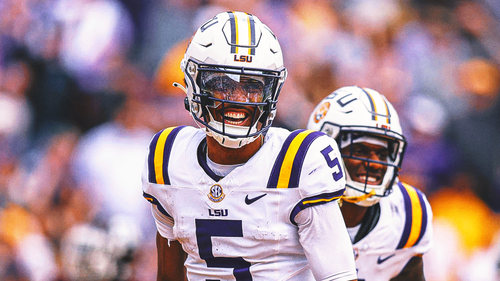
2024 NFL Draft odds: Jayden Daniels' second pick odds shortening
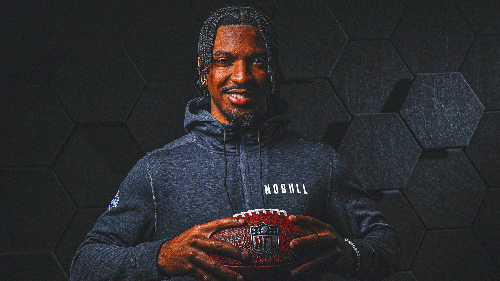
Emoji-Gate not enough to scare Commanders off Jayden Daniels

USC's Caleb Williams says he's a 'big fan' of Washington WR Rome Odunze


2024 NFL mock draft: 4 QBs in top 5, 4 receivers in first 10 picks

5 Bold Predictions for 2024 NFL Draft: Texas DT Byron Murphy a top-10 pick

The art of NFL Draft misdirection: How teams use subterfuge to hide their plans

2024 NFL Draft Schedule: Date, time, how to watch, TV channel

2024 NFL Draft: 5 QBs drafted, Jets add Bowers in Nick Wright's final mock draft

What are Cowboys’ best options at QB if Dak Prescott leaves?

2024 NFL Draft odds: Jayden Daniels' second pick odds shortening

Emoji-Gate not enough to scare Commanders off Jayden Daniels

USC's Caleb Williams says he's a 'big fan' of Washington WR Rome Odunze
